Article not found
This article is no longer available. But don't worry—we've gathered other articles that discuss the same topic.
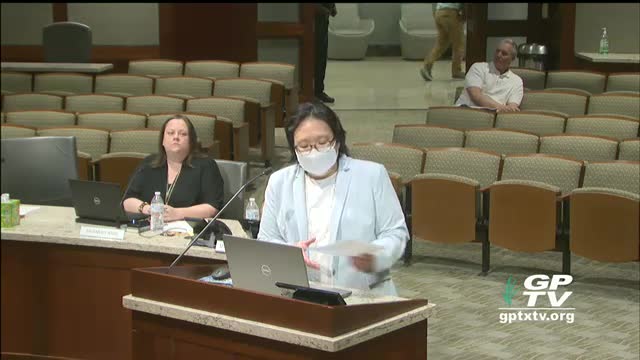
Commission approves Riverbend subdivision concept plan and zoning for 233 single‑family homes
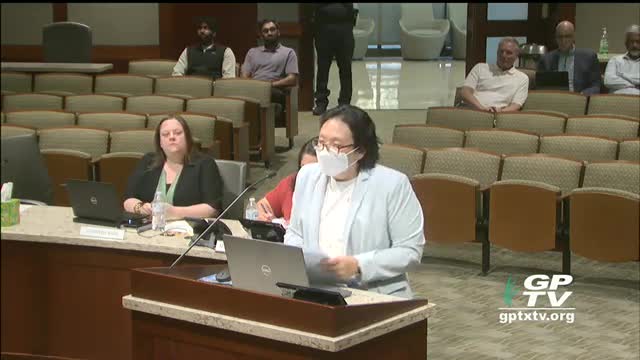
Commission denies Studio Res. by Marriott at Highway 360 amid neighborhood safety concerns
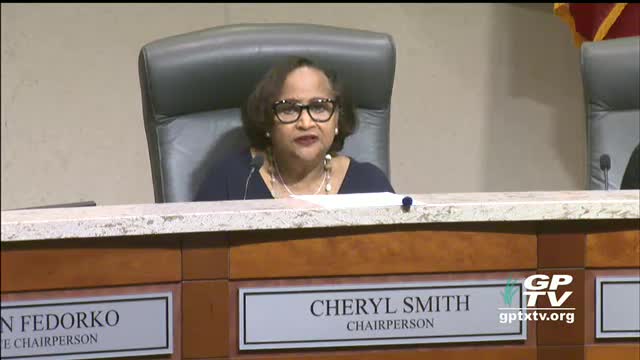
Commission tables specific-use permit item for contractor shop with outside storage
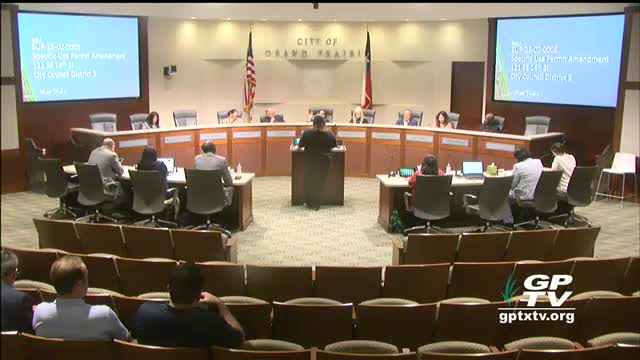
Commission approves SUP amendment allowing wholesale auto dealer at 121 SE 14th St.
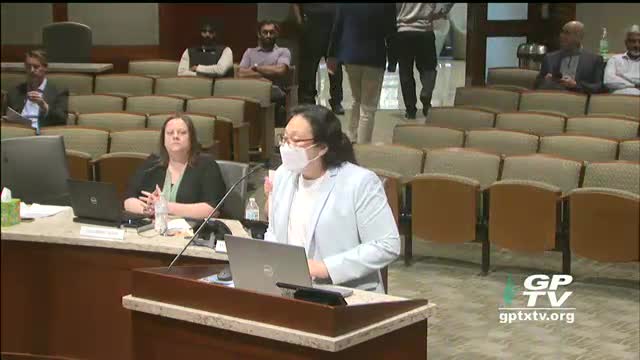
Commission approves future land-use update and PD concept plan for Prose Westcliff Phase 2 (300 units)
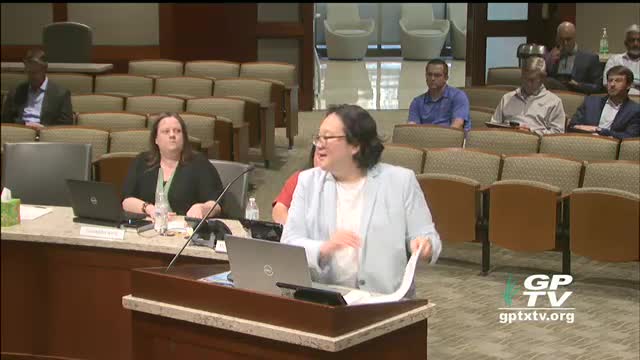
Commission approves site plan for speculative warehouse at 2322 N. Highway 360

